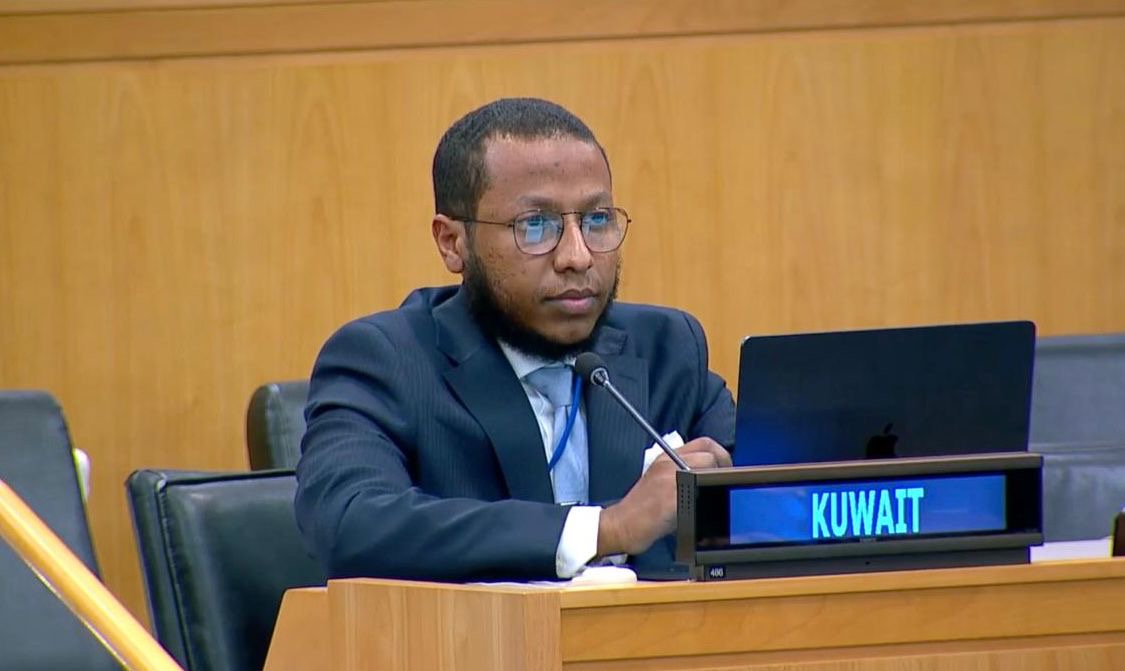LOC09:24
06:24 GMT
 Diplomatic Attache Rashid Farhan
Diplomatic Attache Rashid Farhan
NEW YORK, Oct 16 (KUNA) -- The State of Kuwait reiterated its commitment to constructive cooperation with global partners to build a world free from poverty and hunger.
This came in a statement delivered by Diplomatic Attache Rashid Farhan on Wednesday before the UN General Assembly's second committee under the agenda items on poverty eradication, agricultural development, food security, and nutrition.
Farhan warned that nearly 800 million people still live in extreme poverty, with children and youth making up 60 percent of the most affected populations, according to UN reports.
He noted that about 350 million people in Africa alone face dangerous levels of food insecurity. He also highlighted the severe food crisis caused by genocidal policies targeting Palestinians in Gaza and the occupied West Bank.
Farhan stressed the need to intensify international efforts to ensure unhindered delivery of humanitarian and food aid and to uphold civilian protection in accordance with international humanitarian law.
He acknowledged a slight global improvement in food security, with hunger rates dropping to 8.2 percent last year, though regional disparities remain stark, especially in the Middle East, Africa, and Western Asia.
Farhan underscored the interconnectedness of peace, security, and food. He recalled Kuwait's sponsorship of UN Security Council Resolution 2417 (2018), which linked armed conflict with hunger and condemned the use of starvation as a method of warfare.
He also noted Kuwait's membership in the Friends of Action on Conflict and Hunger group and its recent accession to the Global Alliance to Protect Water in Armed Conflicts last June.
Farhan highlighted Kuwait Vision 2035 as a reflection of the country's commitment to inclusive development, focusing on human capital, infrastructure, and a knowledge-based economy.
He pointed to the Public Authority for Food and Nutrition's second strategy (2024-2026), which aims to enhance food safety and community nutrition.
Farhan concluded by calling for greater data transparency, early warning mechanisms, investment in digital infrastructure, innovation, and support for small-scale producers, women, and youth to build inclusive, efficient, and sustainable food systems. (end)
ast.aai